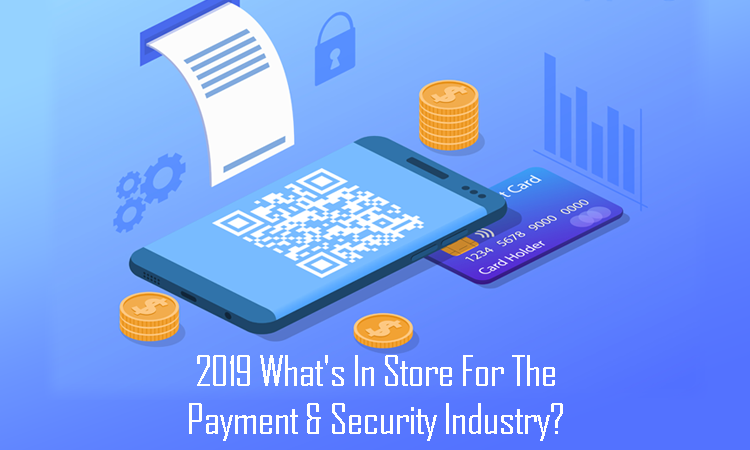Electronic Clearing Service Credit

With the trend of increase in cashless transactions, fuelled by demonetization and then the on-going pandemic, there has been a significant concern over the security of customer’s data. To address this and specify the responsibilities of payment service providers, the Reserve Bank of India (RBI) has laid down a framework for the payment system providers to introduce and upgrade safe and efficient modes of payment.
Under Payment Settlement Act 2007, Reserve Bank of India is responsible for controlling the Banking Payment and Settlement System in the country and authorizes any company that wants to operate a payment system in India. Payment companies need to comply with the RBI requirements stipulated in time, to ensure that the technology deployed to operate the systems are safe and follow the approved process flow.
RBI PSS Audit evaluates security & controls, hardware, operating systems, applications, access controls, and disaster recovery, among other aspects. The security framework aims at safeguarding payment systems in a geographic area that has a vast network of banking systems that facilitate such transactions, to maintain safe and risk-free transaction methods.
-
-
Electronic Clearing Service Debit
-
Electronic Funds Transfer
-
Regional Electronic Clearing Service
-
Real Time Gross Settlement System
-
Pre-paid Payments System
-
Mobile Banking System
Any divergence from the rules and violation of regulations laid down by RBI are punishable offences leading to revocation of the authorization.
Audit Approach
Working alongside RBI & NPCI Guidelines, QRC assesses your organization with a wholesome approach, dealing with Payment Systems and Settlement Systems controls. Our approach for audit is as follows:

 +91 9594449393
+91 9594449393 +1 4847906355
+1 4847906355 +63 9208320598
+63 9208320598 +44 1519470017
+44 1519470017 +84 908370948
+84 908370948 +7 9639173485
+7 9639173485 +62 81808037776
+62 81808037776 +90 5441016383
+90 5441016383 +66 993367171
+66 993367171 +254 725235855
+254 725235855 +256 707194495
+256 707194495 +46 700548490
+46 700548490